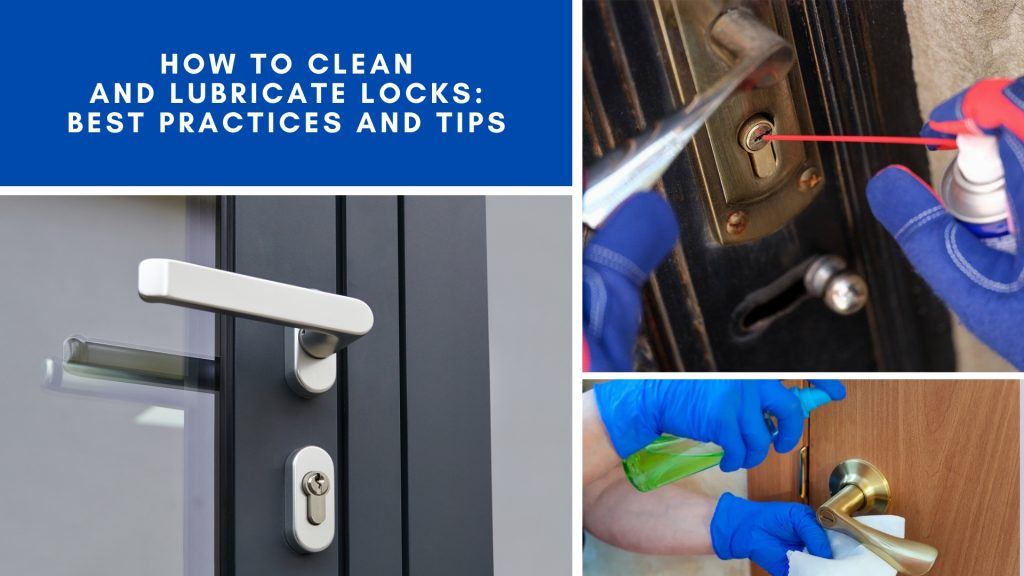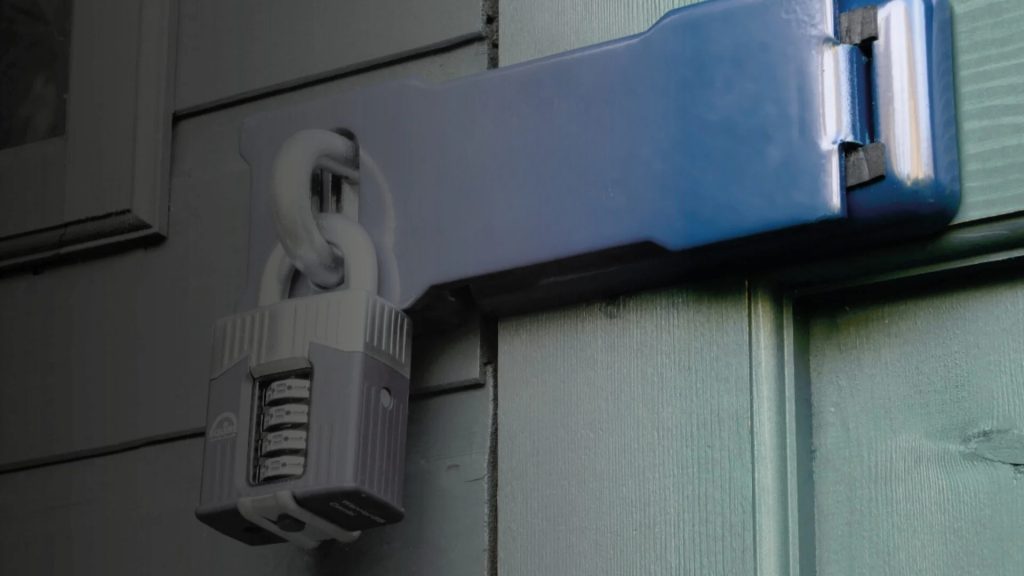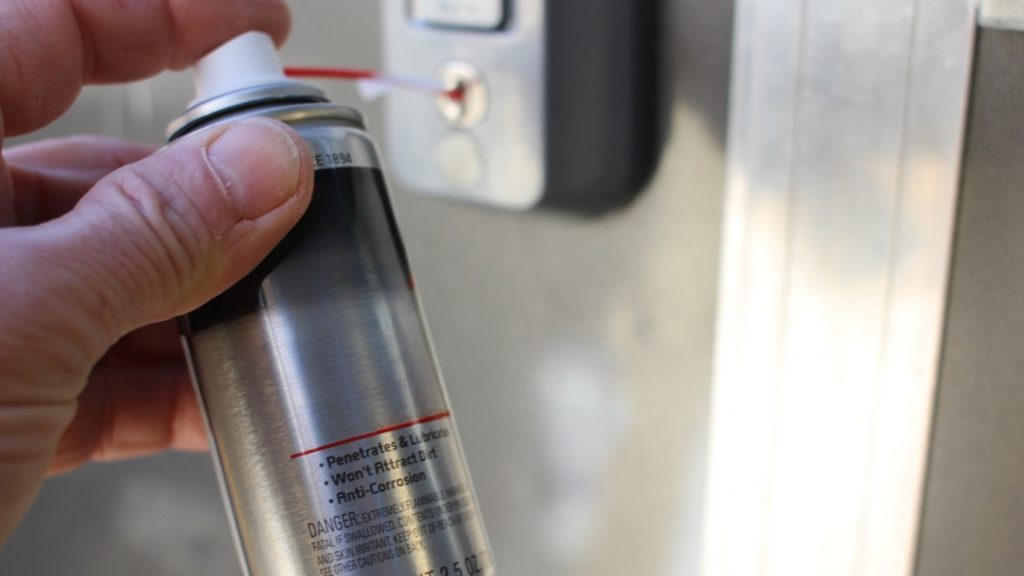
Locks are important to keep our homes, workplaces, and things safe and secure. However, locks can get dirty and rusty from being used often and exposed to the weather, making them less effective. It is important to clean and lubricate them the right way to keep locks working well and make them last longer. This blog will look at the best ways to clean and lubricate locks and how to do it expertly.

How to Clean and Lubricate Locks: Best Practices and Tips
Gather the Tools You Need to Clean and Lubricate Locks
Before you start cleaning and fixing your locks, make sure you have the right tools on hand. You must have:
- Lint-free cloths or cotton swabs: These will help you clean the lock parts without leaving any dust behind.
- Lock lubricant: Choose a high-quality lock lube of graphite or silicone, such as WD-40 Specialist silicone lubricant. Do not use WD-40 or other oil-based lubricants because they attract dust and dirt. They can cause more problems in the long run.
- Lock cleaner or isopropyl alcohol: This will help remove dirt and grime that are hard to get out of the lock.
- Wire brush or toothbrush: Use these gently to scrub away dirt from hard-to-reach parts.
- Pliers and screwdrivers: You might need these to remove and clean the lock better.
Remember: Before cleaning, ensure the lock is not connected to any electrical circuits and that you have permission to clean locks in a shared area.
Clean the Locks
Here are the steps you need to take to clean your locks:
- Remove the lock if necessary: There are locks that you can clean without taking them apart. But you might want to take the lock out of its case to do a better job. If you are not sure how to take the lock apart, it is best to call a trusted locksmith.
- Wipe the exterior: Take a cotton swab or a lint-free cloth and gently wipe the outside of the lock to remove dust and dirt.
- Clean the keyway: Spray a little lock cleaner or rubbing alcohol into the keyway. Put the key in and remove it a few times to help loosen and clear any gunk. Use a wire brush or a toothbrush to clean hard-to-reach parts.
- Clean the lock’s inner parts: Clean the internal parts, such as pins and springs, with a cotton swab, lock cleaner, or alcohol if the lock has been removed. Be careful so you do not hurt the fragile parts.
- Dry the lock: After cleaning, make sure all the parts are completely dry before lubricating.
Lubricate Locks Properly
Proper lubrication is important for the lock to work well and to prevent rust and rusting. To grease the lock, do the following:
- Choose the right lube: Choose a lock lubricant made from graphite or silicone. These oils do not attract dirt and dust, so they work better for longer.
Apply the lube: Put a small amount in the keyway using the nozzle that came with the lubricant. Put the key in and take it out a few times to spread the lube evenly inside the lock.

- Exterior lubrication: If the lock is still assembled, lubricate the key and insert it into it. Turn the key a few times to get the grease to all parts inside the lock.
Test and Reassemble
If you took the lock apart, carefully put it back together and test it with the key to make sure it works well. If everything works correctly, you have properly cleaned and oiled the lock.
Conclusion
Door lock maintenance can make your locks last much longer and make sure they work smoothly. It includes regularly cleaning and lubricating your locks using the right tools and lubricants. Make sure to follow the step-by-step guide to clean and lube your locks properly. In case you run into problems or have electronic or high-security locks, it is best to call a professional locksmith to avoid doing any damage. By spending a little time and effort on lock care, you can feel safer and more at ease in your daily life.
Local Locksmith Near Me
Is your door lock giving you trouble? Universal Best Locksmith is here to help you take care of your locks in the best way possible. We offer lock maintenance for all kinds of locks, whether you have a deadbolt or a regular door knob. Our licensed locksmiths know everything about locks and will ensure they get the perfect lock lubrication and the right door lock lubricant they need. Say goodbye to annoying door lock latch and key jam problems and hello to a smooth locking experience.
Do not let a stuck lock ruin your day. Do something today to give your locks the care it needs. Call us today to keep your locks in great shape and learn what a difference a well-cared lock can make.

